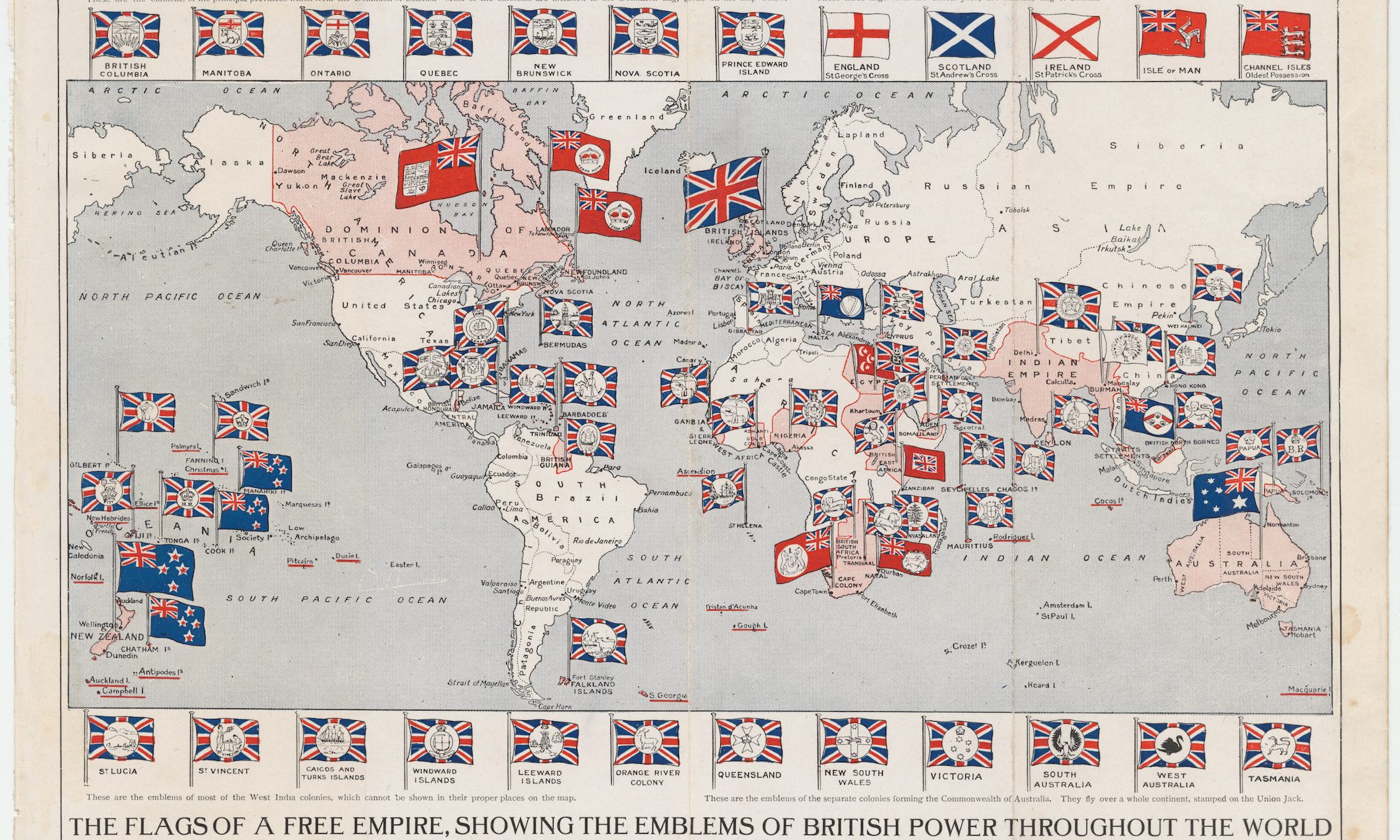 One of the punchiest descriptions of the resource curse comes from Venezuelan oil minister and OPEC founder Juan Pablo Perez Alfonso, who called oil the devils excrement. Yet the saying obscures more than it reveals. Perez Alfonzo’s pessimism about oil dated to an era before contemporary scholarship admits of an oil curse (the most recent resource-curse literature argues that the curse began in 1980 or so, and Perez Alfonzo’s bon mot dates to 1975). It is also the money from oil, not the properties of petroleum itself, that is said to be the cause of the curse, whether through the knock-on effects on productive sectors competitiveness through the Dutch Disease of currency appreciation or the conversion of productive competition into indolent rent-seeking through the corruption of political institutions by the replacement of taxation.
One of the punchiest descriptions of the resource curse comes from Venezuelan oil minister and OPEC founder Juan Pablo Perez Alfonso, who called oil the devils excrement. Yet the saying obscures more than it reveals. Perez Alfonzo’s pessimism about oil dated to an era before contemporary scholarship admits of an oil curse (the most recent resource-curse literature argues that the curse began in 1980 or so, and Perez Alfonzo’s bon mot dates to 1975). It is also the money from oil, not the properties of petroleum itself, that is said to be the cause of the curse, whether through the knock-on effects on productive sectors competitiveness through the Dutch Disease of currency appreciation or the conversion of productive competition into indolent rent-seeking through the corruption of political institutions by the replacement of taxation.
The biggest problem for Perez Alfonso’s wit, however, is the simple fact that for much of the twentieth century, it was hard to say that Venezuela had been particularly cursed by oil revenues.


